Description
The Principles of Biochemistry course provides a comprehensive introduction to the molecular foundations of biological processes. Designed for students with a background in general chemistry, this course explores the structure, function, and interactions of biomolecules such as proteins, nucleic acids, lipids, and carbohydrates. It emphasizes the chemical principles underlying these biomolecules and their biological significance, integrating these concepts to thoroughly understand cellular functions and metabolic pathways.
Course Objectives:
- Understand the structure and function of major biomolecules.
- Explore enzyme mechanisms and kinetics.
- Investigate the principles of thermodynamics as applied to biochemical reactions.
- Examine metabolic pathways and their regulation.
- Analyze the molecular basis of genetic information and its expression.
- Apply biochemical techniques and methods to solve biological problems.
Key Topics Covered:
- Introduction to Biochemistry:
- The central dogma of molecular biology.
- Basic principles of chemistry applied to biological systems.
- The importance of water and pH in biological contexts.
- Structure and Function of Biomolecules:
- Amino acids, peptides, and proteins: structure, function, and dynamics.
- Nucleic acids: DNA and RNA structure, replication, transcription, and translation.
- Carbohydrates: classification, structure, and function in energy storage and cell recognition.
- Lipids: types, structure, and roles in membranes and signaling.
- Enzyme Kinetics and Mechanism:
- Enzyme structure and function.
- Enzyme kinetics: Michaelis-Menten and allosteric regulation.
- Mechanisms of enzyme action and inhibition.
- Metabolism:
- Principles of metabolic pathways and energy transfer.
- Catabolic and anabolic pathways: glycolysis, citric acid cycle, oxidative phosphorylation, and biosynthesis.
- Regulation of metabolic pathways and integration of metabolism.
- Genetic Information and Expression:
- DNA replication, repair, and recombination.
- Gene expression and regulation: transcription factors, promoters, and enhancers.
- RNA processing and translation.
- Biochemical Techniques:
- Spectroscopy, chromatography, electrophoresis, and mass spectrometry.
- Techniques for studying protein structure and function.
- Methods for analyzing nucleic acids and gene expression.
Learning Outcomes: By the end of the course, students should be able to:
- Describe the fundamental principles of biochemistry and their application to biological systems.
- Analyze and interpret experimental data related to biochemical processes.
- Understand the biochemical basis of health and disease.
- Apply biochemical concepts to real-world problems and scenarios.
Assessment Methods: Assessment may include lectures, laboratory work, problem sets, quizzes, and exams. Students will be expected to understand and apply biochemical principles theoretically and practically.

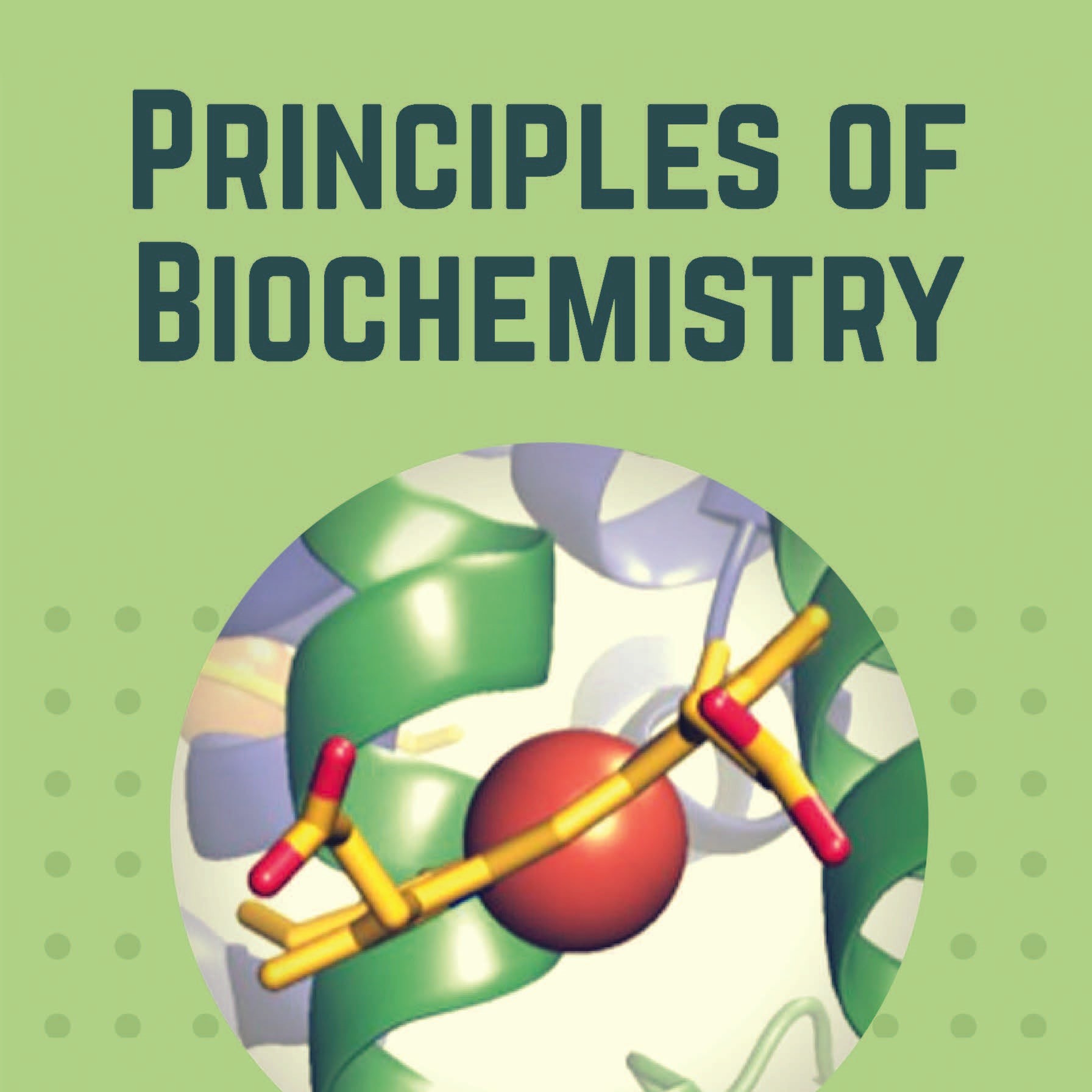
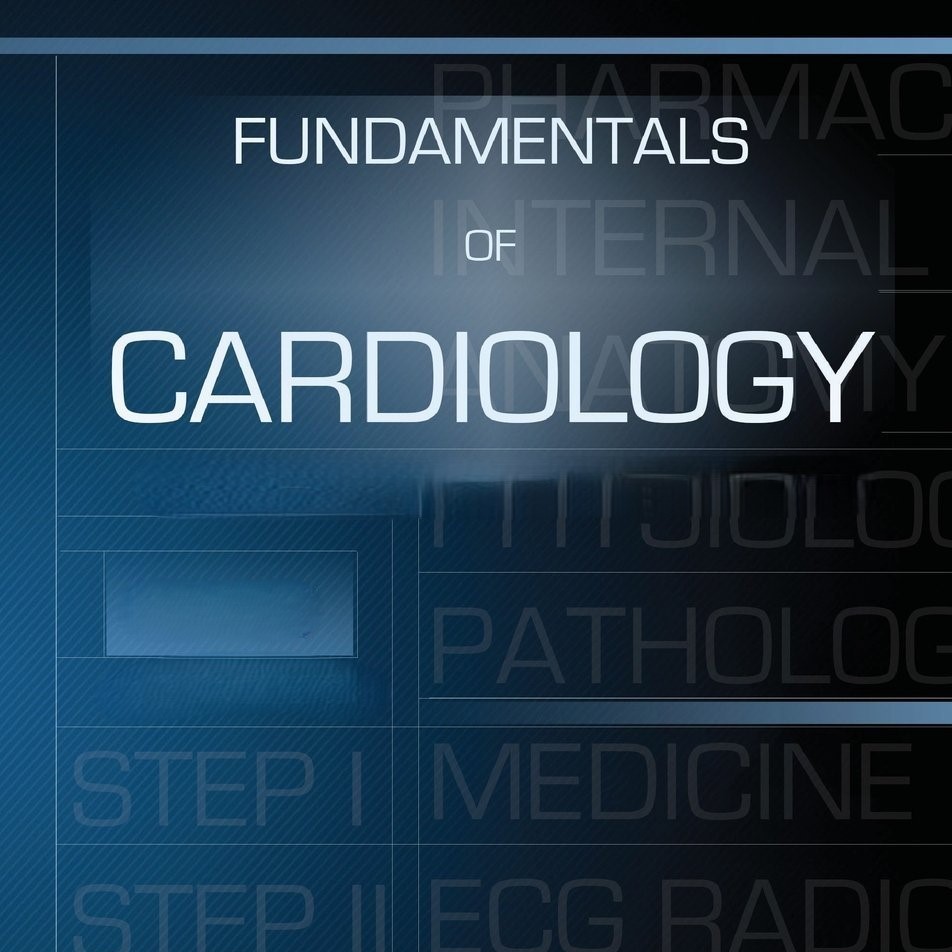
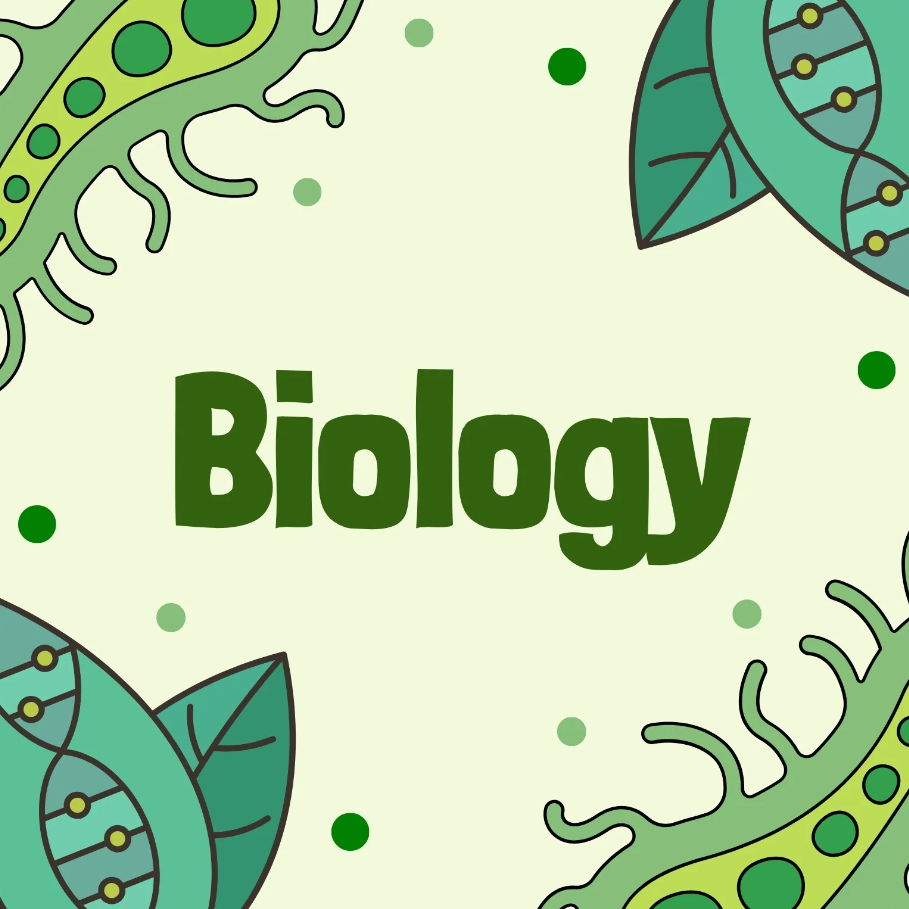
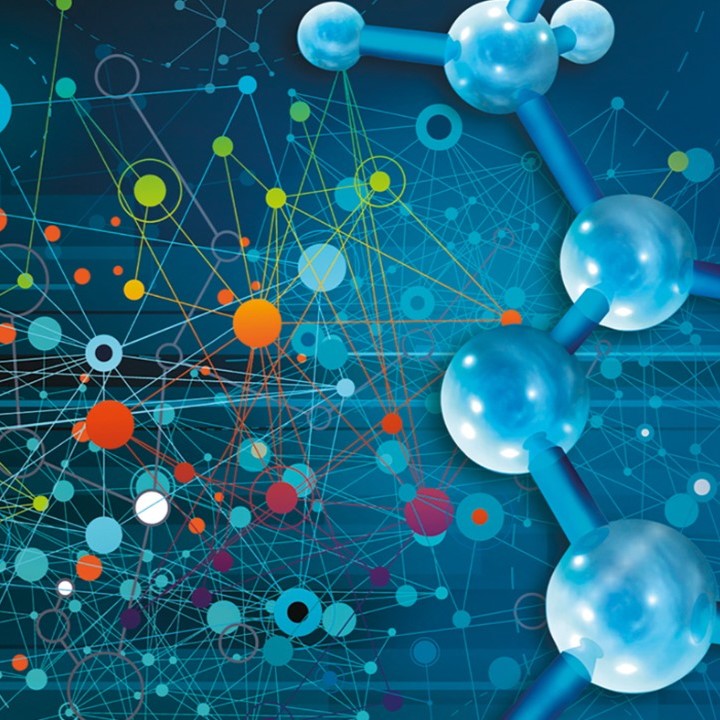
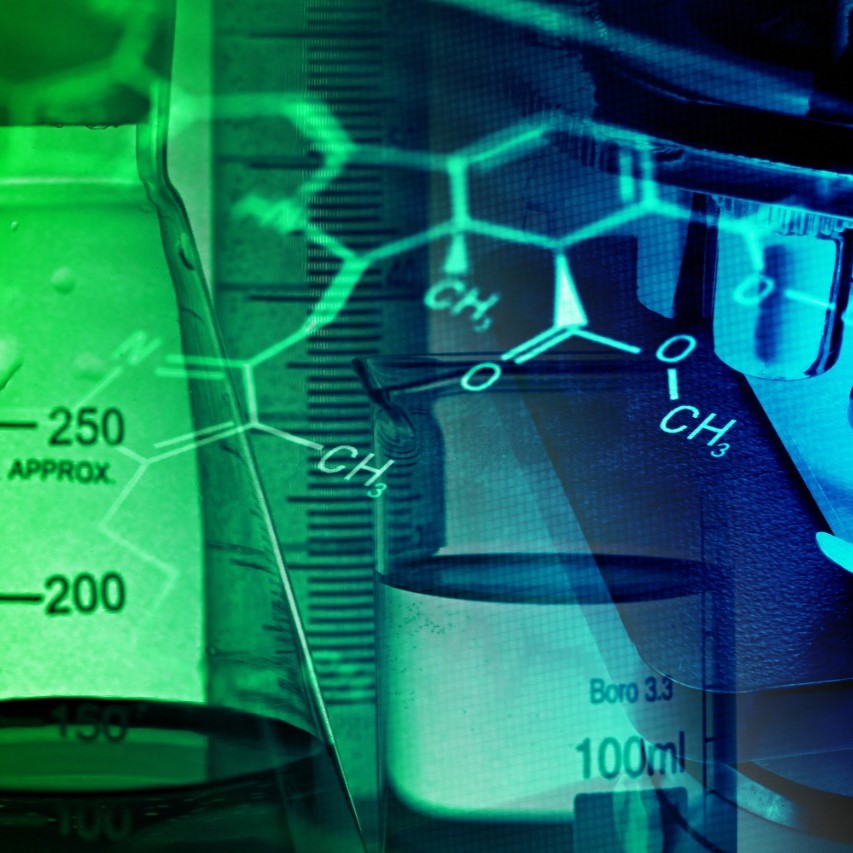

Abiodun –
“This ‘Principles of Biochemistry’ course is an outstanding resource for learners seeking a comprehensive understanding of the fundamentals of biochemistry. The content is well-structured, engaging, and delivered with exceptional clarity. The instructor’s in-depth knowledge and passion for the subject shine through every lecture, making complex concepts accessible and enjoyable to grasp. The interactive exercises and real-world examples provided a practical dimension to the learning experience, solidifying my comprehension and making the course highly valuable and applicable to my field of study.”
Ikechukwu –
“Principles of Biochemistry has been an exceptional course that has enriched my understanding of the fundamentals of life processes. The engaging lectures and interactive discussions not only made the complex concepts easy to grasp but also sparked my interest in the field. The assignments and projects provided an excellent platform to apply my knowledge and delve deeper into specific topics. I highly recommend this course to anyone seeking a solid foundation in biochemistry and a passion for exploring the intricacies of living systems.”
Yemi –
“I highly recommend the “Principles of Biochemistry” course! It provided a comprehensive and engaging introduction to the fundamental concepts of biochemistry. The instructor was knowledgeable and presented the material clearly, making it easy to understand. The hands-on labs and interactive exercises reinforced the theory and allowed us to apply our understanding practically. I feel more confident in my grasp of the subject matter and believe this course has equipped me with a solid foundation for future studies in biochemistry.”
Ahmed –
“The ‘Principles of Biochemistry’ course was an eye-opening experience that provided me with a comprehensive understanding of the fundamental concepts of biochemistry. The instructor’s expertise and engaging teaching style made complex topics easy to grasp. The interactive assignments and hands-on experiments reinforced the theoretical knowledge, fostering a deeper understanding of the subject matter. Overall, this course was an invaluable addition to my education, equipping me with a solid foundation for further exploration in biochemistry.”
Taye –
“Principles of Biochemistry” has been an incredibly valuable and insightful learning experience. The course has provided me with a comprehensive understanding of the fundamental principles of biochemistry, covering topics such as protein structure, enzyme catalysis, and metabolic pathways. The instructor’s expertise and engaging teaching style made the concepts easy to grasp. Through a combination of lectures, discussions, and interactive activities, I have developed a strong foundation in biochemistry that will serve me well in my future endeavors.”
Evelyn –
“Principles of Biochemistry” is an exceptional course that provides a comprehensive foundation in the fundamentals of biochemistry. The course’s well-structured curriculum, engaging lectures, and informative resources empower learners to grasp complex concepts with clarity. The instructor’s expertise and passion for the subject create an immersive learning experience, fostering a deep understanding of biochemical processes and their significance in various biological systems. Through interactive exercises and hands-on assignments, students actively engage with the material, solidifying their knowledge and preparing them for advanced studies or professional endeavors in biochemistry.”